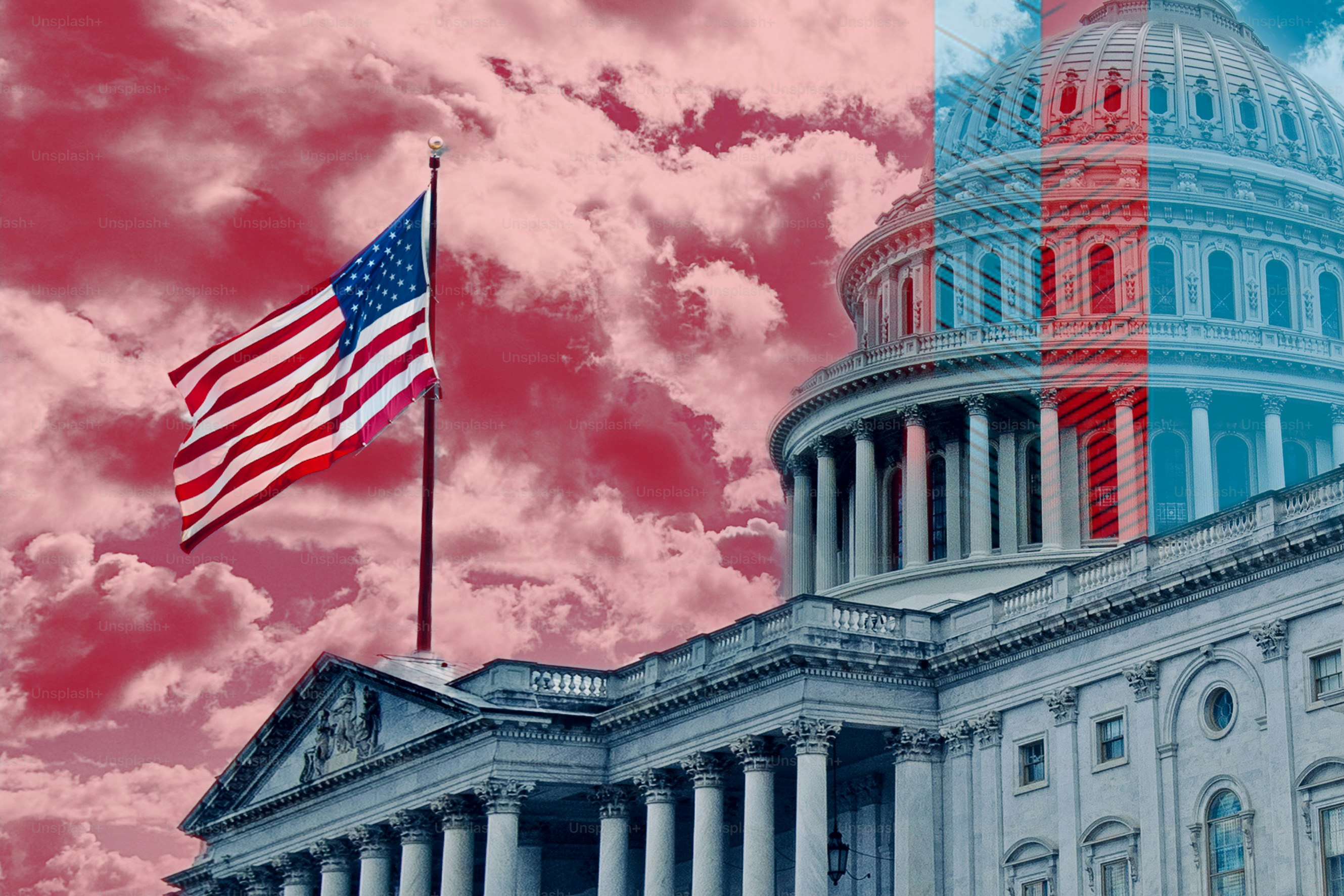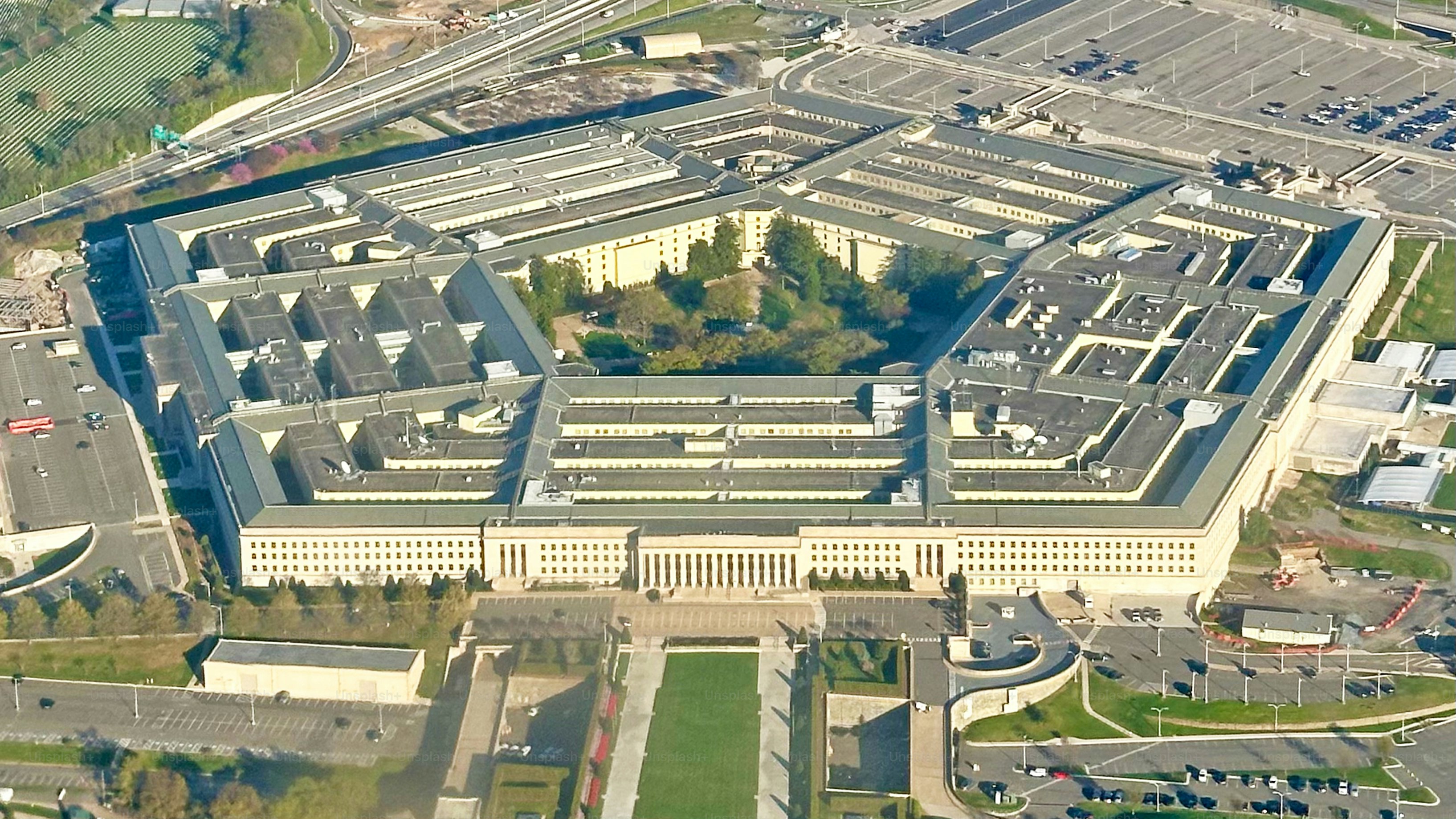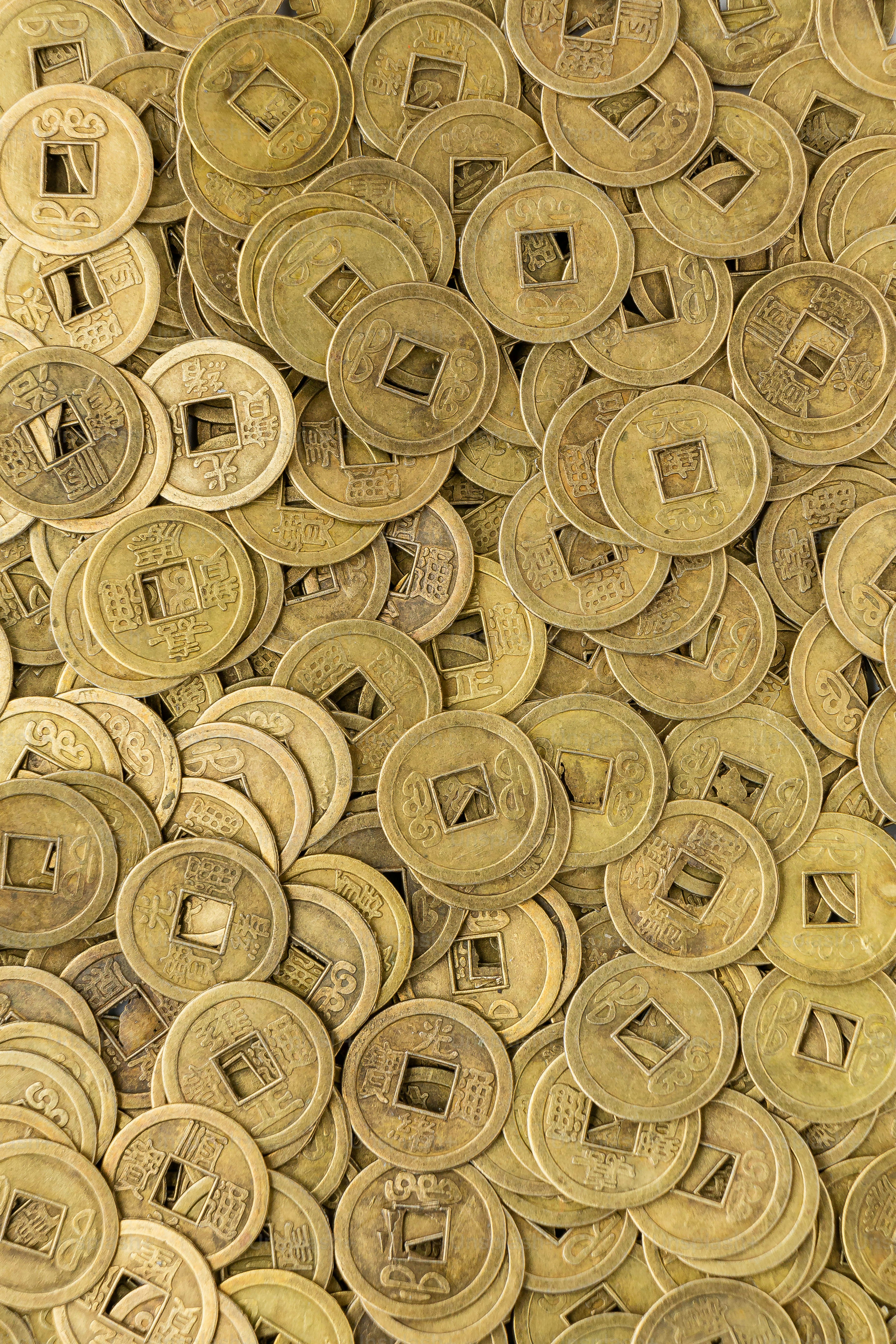Well, folks, the hammer has fallen. Tang Renjian, former Party Secretary and Minister of Agriculture and Rural Affairs, is officially facing prosecution on charges of accepting massive bribes. This isn’t just news; it’s a seismic shift, a gut punch to the system, and a clear signal that no one, no one, is above the law.

The National Supervisory Commission completed its investigation, and the Supreme People’s Procurate authorized the Changchun City People’s Procuratorate to take the lead. The indictment has now been formally filed with the Changchun Intermediate People’s Court.
Let’s be clear: “particularly huge amount of bribes” isn’t just legal jargon. We’re talking about corruption reaching the highest echelons. This case will be watched like a hawk, and the outcome will reverberate throughout the bureaucracy.
Understanding the Implications: The Core of Official Corruption in China
China’s anti-corruption efforts have been relentless, targeting officials at all levels. This isn’t merely about eliminating individual wrongdoings; it’s about systemic integrity.
Bribery typically involves the abuse of power for personal gain, undermining public trust and hindering economic development. The scale of the bribes alleged against Tang Renjian indicates a deeply ingrained problem.
The National Supervisory Commission plays a pivotal role in investigating high-level corruption, operating independently and with broad powers. This ensures impartiality and thoroughness.
The prosecution process itself is a significant step, demonstrating the commitment to due process and accountability within the legal framework. It sends a strong deterrent message.
Ultimately, cases like these underscore the importance of transparency and oversight in governance. Regular audits and strong ethics regulations are vital to prevent future abuses.






